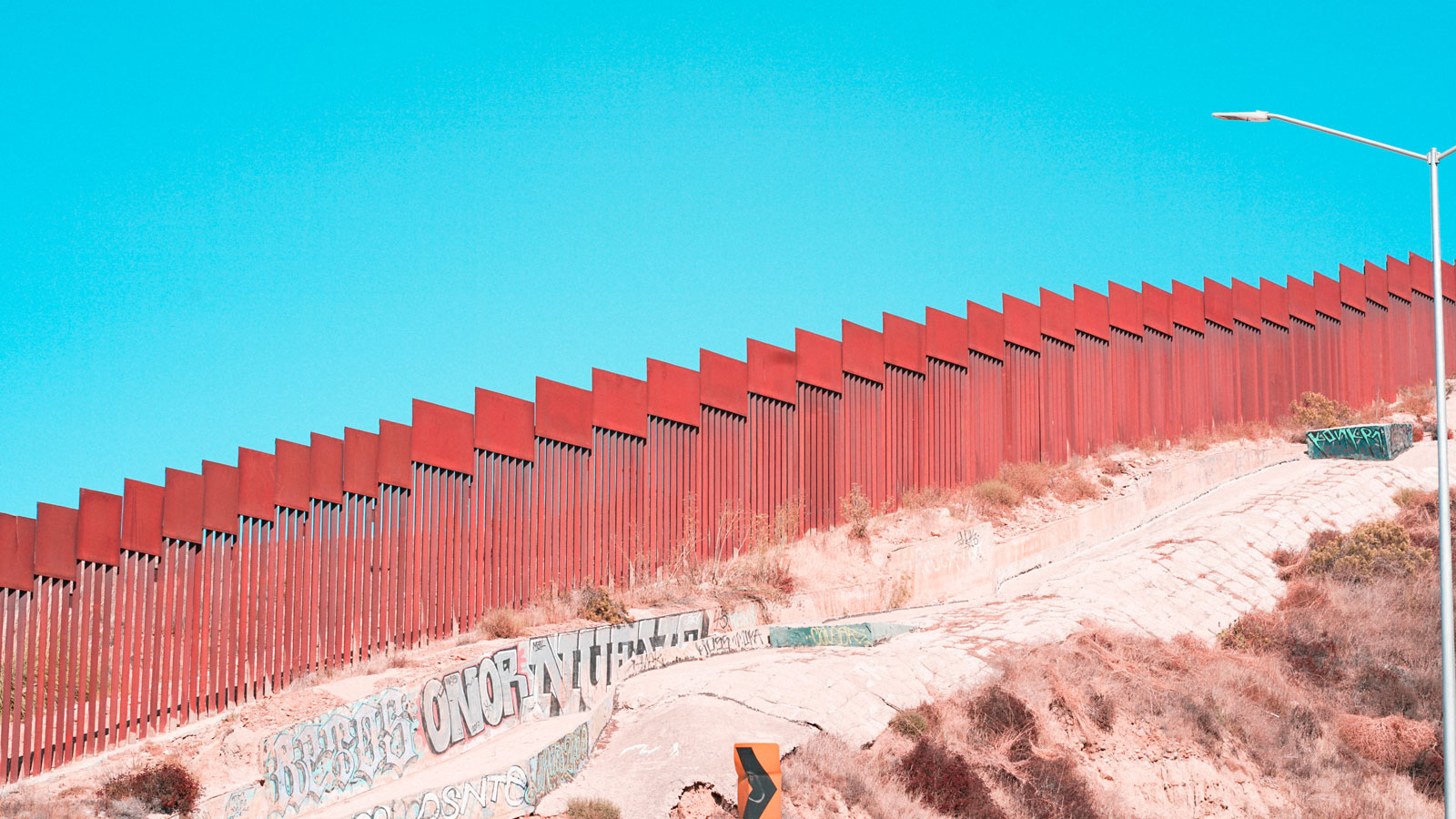In some areas of Latin America, the effects of climate change are worsening poverty, food insecurity, and civil unrest — and driving migration.
“You’ve got people who are fleeing places like western Mexico because of droughts,” says Jason De León of the University of California, Los Angeles. “They’re fleeing places like Honduras because of the intensity and frequency of these super hurricanes that are just devastating these places and making it unlivable.”
De León says some migrants head north, hoping to find safety and a better life in the U.S. Many of them are undocumented and attempt to cross the border illegally. It’s a dangerous journey through the desert.
“You’ve got people who are walking for several days across this barren landscape with few water sources,” he says. “They’re facing oftentimes extreme heat, so they’re losing water at a high rate, and they’re not able to replenish that.”
In the past decade, thousands of people attempting to cross the U.S. border have died in the desert.
And De León contributed to a recent study that finds that the risk of dehydration and death along these routes will grow as the climate warms.
So he says there’s an urgent need to protect the people most vulnerable to the effects of a warming climate — both in their home countries and when they’re forced to flee.
Also see: Climate change and droughts: What’s the connection? and Heat waves and climate change: Is there a connection?
Reporting credit: Sarah Kennedy/ChavoBart Digital Media
Source link


